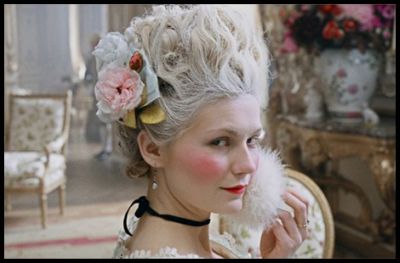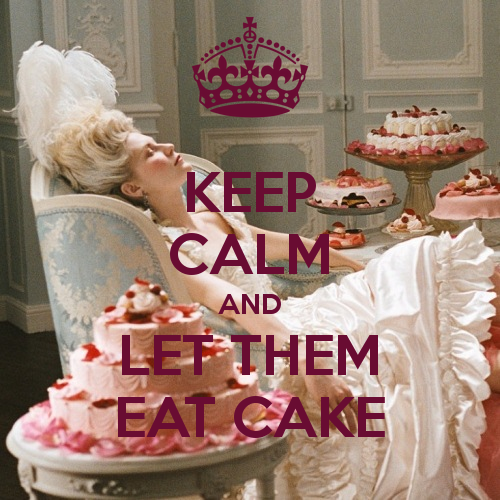I always find it entertaining how people with little grasp of history sigh in the bliss of false memories as they enthuse about how simple and admirable life was in Europe, before arriving to this "shmutzik" country.
Just for starters, at least there isn't a chance of having all the women in the shtetl raped by Cossacks.
On a less murderous level, dating. When I go out with a guy that I kinda like, I am able to zone in on possible faults, as well as qualities; not to penalize, persay, merely to be aware of. If he says no, suddenly my observations of flaws are out the window; only his shining virtues remain.
Nostalgia can be a two-edged sword. Stephanie Coontz, in "Beware Social Nostalgia" and her follow-up, "The Not-So-Good-Old Days," reminds us that while we can croon over the days "When Zaidy was Young," we forget that the past was no less devoid of negatives as contemporary times.
Coontz is not saying that reminiscing is dangerous; rather, focusing only on the good as opposed to the bad of the past has no meaning in the present. What matters is to learn from the past, both good and bad, and not repeat that which should be avoided.
he psychologist John Snarey has studied men who had very difficult
childhoods because of their fathers’ poor parenting. Some of these men
replicated the same problems in their relationships with their own
children. But others were able to use the memory of what their fathers
did wrong to chart a different course in their own parenting. What
separated the two groups was that the successful ones neither idealized
their own fathers nor focused on their shortcomings. Rather, they placed
their fathers’ failures in context, turning their anger “into a sense
of sadness for and understanding of the conditions under which their own
fathers had functioned.” Their unhappy memories became a guide for
avoiding bad behavior rather than an excuse for it.
In college, my psychology professor said that only 30% of people raise their children differently than how they were raised. Since 100% of children has said at some point to themselves, "When I have kids . . ."—what happened in the interim? Maybe nostalgia?
Luke observes that we often ooh and aah over architecture from way back when, but fail to take into consideration that before unions, workers were relatively expendable. They were harmed on the job, maybe killed, overworked without benefits or insurance. Contemporary construction may be comparatively shoddy, but what is the price of a human life?
Babi came to this country at the age of 40 and never looked back. No more chickens to pluck! Indoor plumbing! She could even sleep in if she wanted to without worry that her kids would have nothing to eat since nothing was prepared from dawn on. Heating and air conditioning!
Ma spent her childhood in Europe, and while she tells me over the stories of then, she never bathes it in the aura of wistfulness. Their time there was very pleasant (before the Nazis, and the interim before the Communists showed up), but now we are here, with wonderful conveniences and free of fear.
She certainly shuts up someone quick who gets misty-eyed over the idyllic life of a "pashuter Yid" back there. A sense of history and perspective is vital.
John Tierney is less combative against nostalgia in "What is Nostalgia Good For? Quite a Bit, Research Shows." He approaches it from a different angle; not a longing of how things used to be, but rather a means to remember difficulties and the resultant success, pushing one to move forward. Like the Seder.
Or even now, on erev Rosh HaShana, when we are supposed to review our behavior of the past year, and consider where it needs improvement for the future. If we have changed before in the past for the better, we can do it again, and come even farther.
“Many other people,” he explains, “have defined nostalgia as comparing
the past with the present and saying, implicitly, that the past was
better — ‘Those were the days.’ But that may not be the best way for
most people to nostalgize. The comparison will not benefit, say, the
elderly in a nursing home who don’t see their future as bright. But if
they focus on the past in an existential way — ‘What has my life meant?’
— then they can potentially benefit.”
Rosh HaShana shouldn't be about facing one's mortality; we are not supposed to be morose or morbid or fear the avenging arm of God. Rather, we should use nostalgia to see where we need to excel for the next year.













